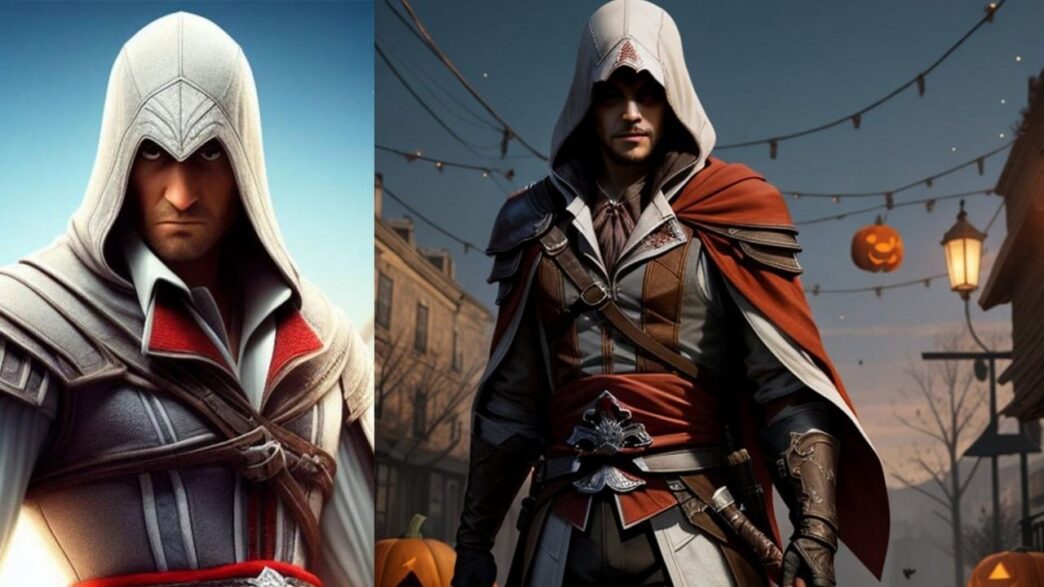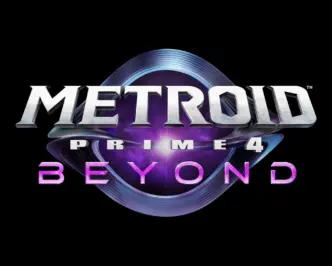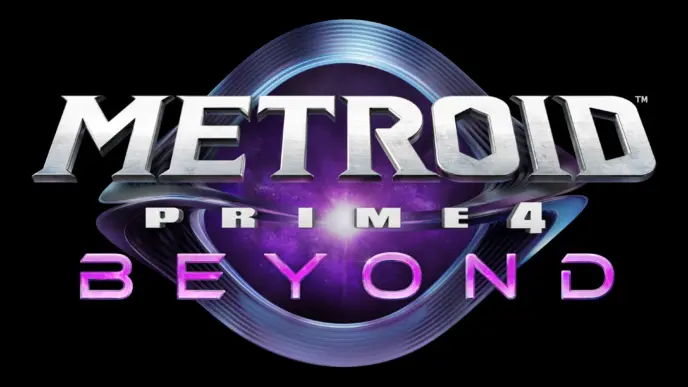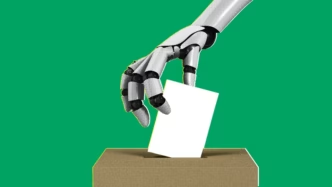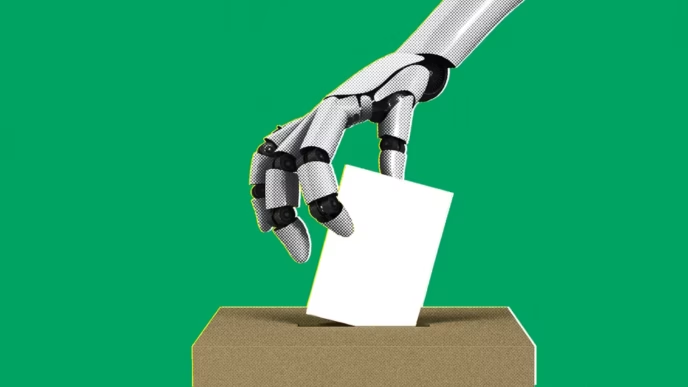Gamers frustrated by unresponsive squadmates may soon find support arriving from an unexpected source — generative artificial intelligence.
At a Paris facility, Ubisoft is trialling AI-driven teammates capable of responding to spoken commands, offering tactical input and even engaging in conversation, as the company explores the future of interactive gameplay.
During a recent demonstration, a player navigating a futuristic base filled with hostile robots barked orders such as “Pablo, Sofia, attack that enemy! ”
The commands were obeyed instantly by AI companions, each controlled by generative models rather than traditional pre-scripted behaviour.
Ubisoft began its push into generative AI in late 2022, shortly after ChatGPT shocked the world with its remarkably human-like responses.
Known for major franchises including Assassin’s Creed and Rainbow Six, the company last year unveiled “Neo NPCs”—non-player characters designed to hold fluid, natural conversations rather than repeating a limited set of lines.
The latest initiative, dubbed “Teammates”, aims to transform how players interact with in-game allies.

Project lead Xavier Manzanares said the technology enables players to command a squad of intelligent, proactive AI companions in evolving combat situations, using only their voice.
More than 80 specialists — including game designers, writers, and AI engineers — are contributing to the project.
Rather than developing a standalone game, the team is creating tools intended for widespread use across Ubisoft’s internal studios.
Manzanares suggested that the system may one day allow for deeper exchanges with assassins drawn from history in Assassin’s Creed or the hardened operatives of Rainbow Six.
Built on Google’s latest Gemini 3 large language model, “Teammates” lets users instruct two robotic allies to activate mechanisms, attack enemies or strategise in the midst of battle.
Beyond that, the AI characters can chat, offer guidance or share elements of their fictional backstories.
To maintain coherence, each AI companion is given a detailed “character sheet”, Ubisoft narrative designer Anaïs Desfachelles explained, outlining their personality traits, speech patterns and preferences.
This ensures that even improvised dialogue remains true to the character.
The goal, she said, is to help players forge emotional bonds with their AI partners, who reveal more about themselves as the relationship deepens.
AI and data chief Rémi Labory said the team wants to deliver a level of character depth that games have yet to achieve, enabling players to feel genuinely connected to companions they’ve journeyed with over time.
Ubisoft is among several publishers experimenting with generative AI to streamline development, improve quality or reduce costs.
Chief executive Yves Guillemot recently compared the arrival of AI to the industry’s transition to 3D graphics, calling it a shift of enormous scale.
Yet the enthusiasm at the top contrasts with concerns among both developers and gamers, who fear homogenised experiences and potential job losses.
These worries have gained traction as Ubisoft, like others, trims its workforce amid a prolonged downturn in the gaming sector.
The company came under scrutiny earlier this month after an AI-generated image was discovered in Anno 117: Pax Romana. Ubisoft said the image was only a placeholder and has since been replaced.
Narrative director Virginie Mosser, who initially feared AI might render her role obsolete, said she now views the technology differently.
Human creativity remains essential, she argued, as “characters without personality, without a spark of soul” are not what the project seeks to produce.
As generative AI becomes increasingly embedded in game development, Manzanares acknowledged the complexity of the shifting landscape. Still, he hopes “Teammates” will showcase how AI and human creativity can coexist—and even enhance one another.


 Trending
Trending 

